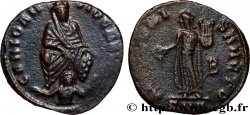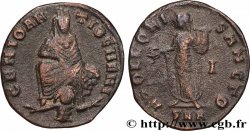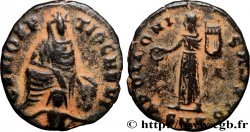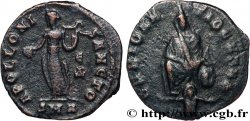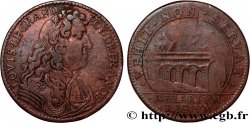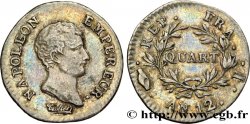Назад 1/1
brm_900979 - ANTIOCHIA Demi-follis ou demi-nummus
120.00 €
Количество
Добавить в корзину

Тип Demi-follis ou demi-nummus
Дата: 310
Монетный двор / Город: Antioche
Металл: copper
Диаметр: 15 mm
Ориентация осей монеты: 6 h.
Вес: 1,26 g.
Редкость: R1
Officine: 6e
Комментарии о состоянии
Bel exemplaire sur un flan centré des deux côtés. Joli revers. Droit agréable. Patine foncée et sable
Ссылки в каталоге: :
Лицевая сторона
Аверс: легенда: IOVI CONS-ERVATORI.
Аверс: описание: Jupiter nu jusqu'à la ceinture, tenant un globe de la main droite et un sceptre long de la main gauche.
Аверс: перевод: “Iovi Conservatori”, (À Jupiter conservateur).
Обратная сторона
Реверс: легенда: VICTOR-IA AVGG/ -|S// ANT.
Реверс: Описание: Victoria (La Victoire) marchant à gauche, tenant une couronne de la main droite et une palme de la main gauche.
Реверс: перевод: “Victoria Augustorum”, (La Victoire des augustes).
Комментарий
Pour cette émission J. Van Heesch a répertorié quarante-six exemplaires pour les dix officines dont huit pour la sixième officine. J. Van Heesch, Une frappe semi-autonome sous Maximin Daza, RBN, Bruxelles 1975, p. 105, n° 2f, pl. XII.
For this issue J. Van Heesch listed forty-six examples for the ten pharmacies, including eight for the sixth pharmacy. J. Van Heesch, A semi-autonomous strike under Maximin Daza, RBN, Brussels 1975, p. 105, no. 2f, pl. XII
For this issue J. Van Heesch listed forty-six examples for the ten pharmacies, including eight for the sixth pharmacy. J. Van Heesch, A semi-autonomous strike under Maximin Daza, RBN, Brussels 1975, p. 105, no. 2f, pl. XII







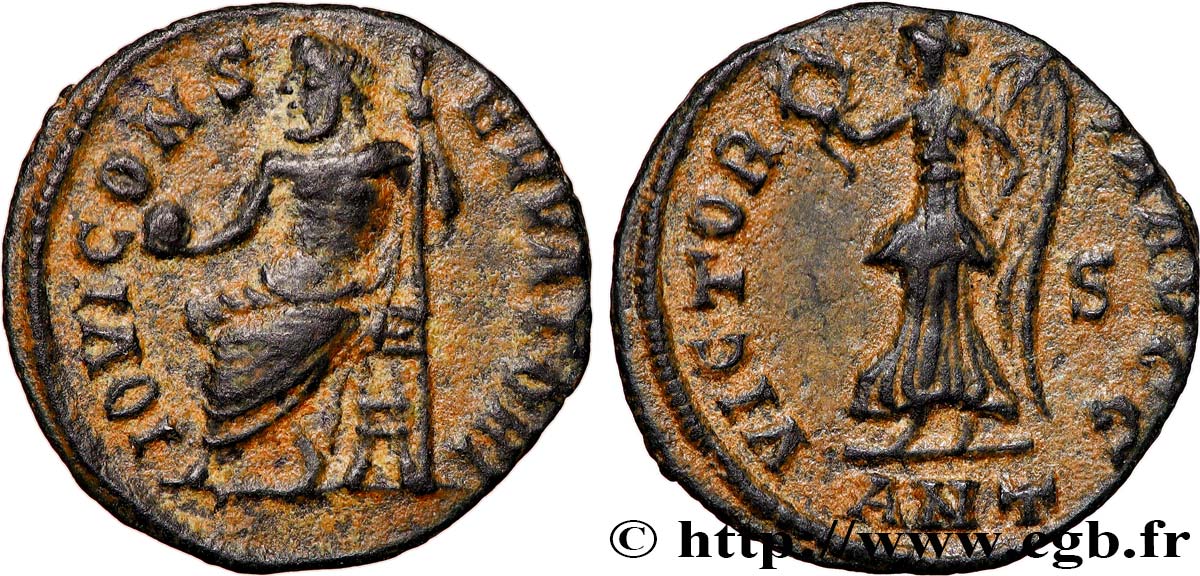
 Cообщить об ошибке
Cообщить об ошибке Распечатать страницу
Распечатать страницу Отправить мой выбор
Отправить мой выбор Задать вопрос
Задать вопрос Consign / sell
Consign / sell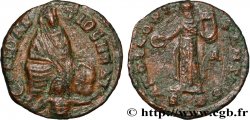
 Информация
Информация